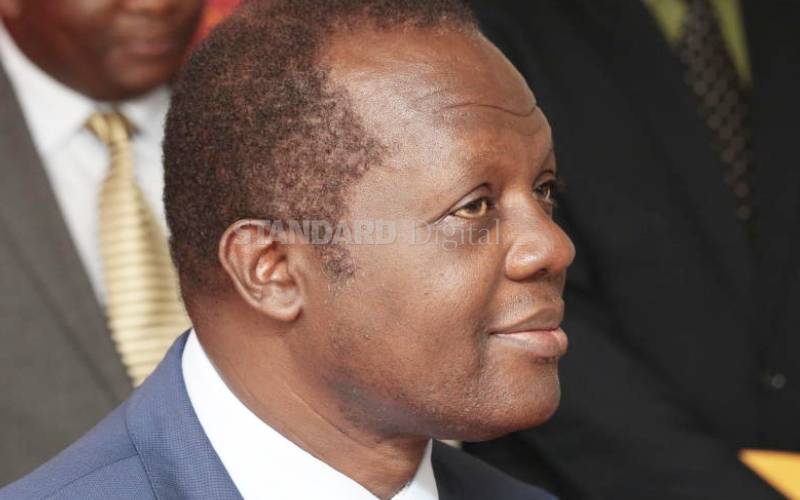×
The Standard e-Paper
Stay Informed, Even Offline

A regional bank clashed with Jubilee Party Secretary General Raphael Tuju (pictured) over a Sh1.5 billion judgement against the politician by a court in United Kingdom.